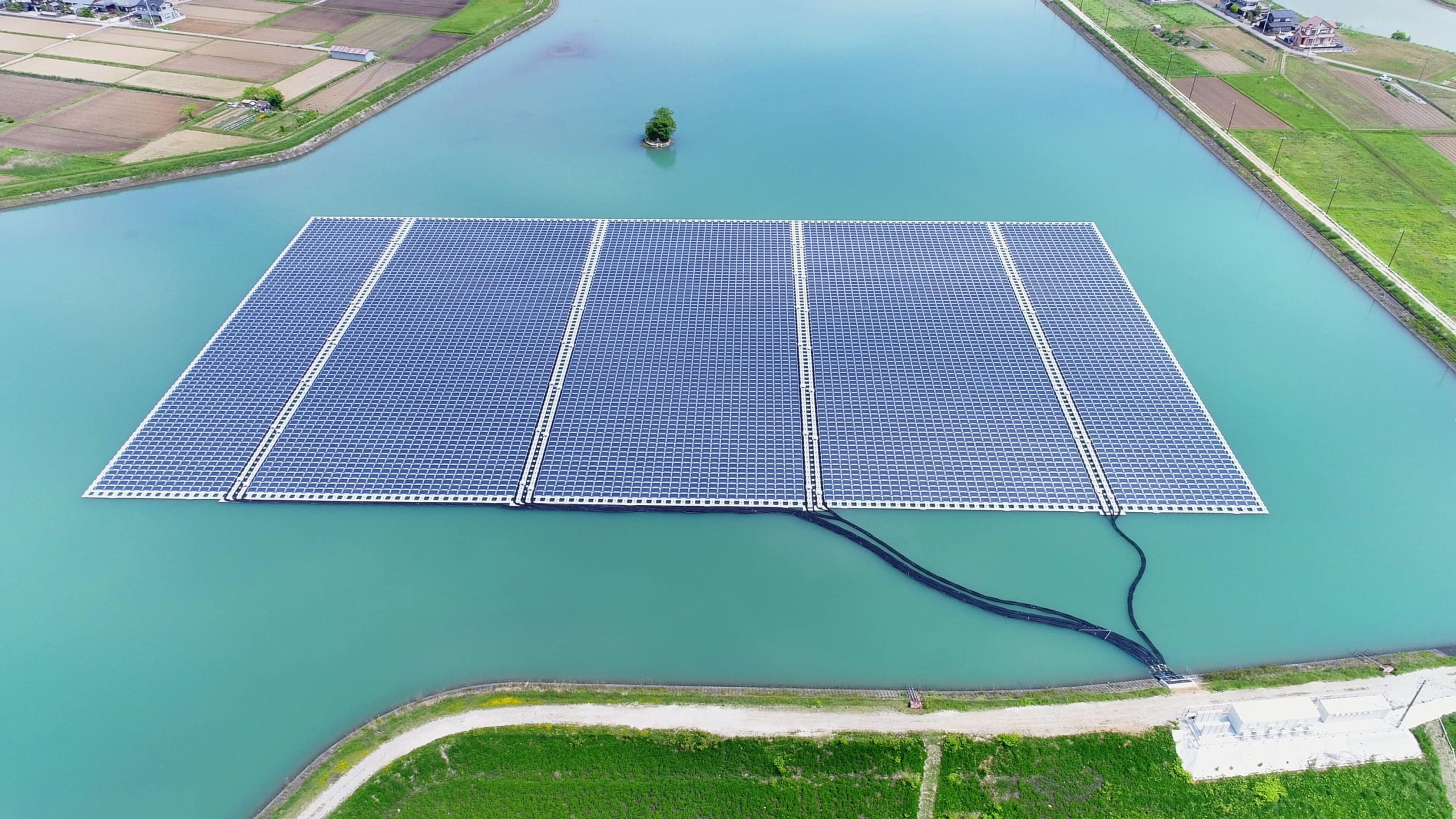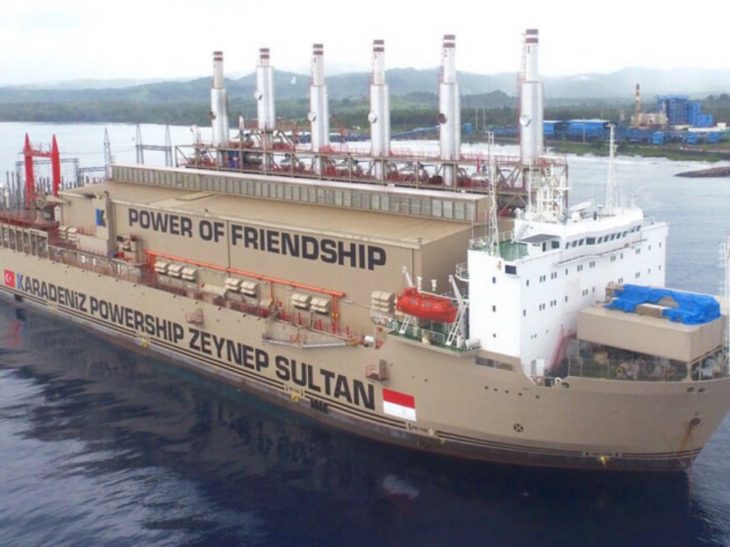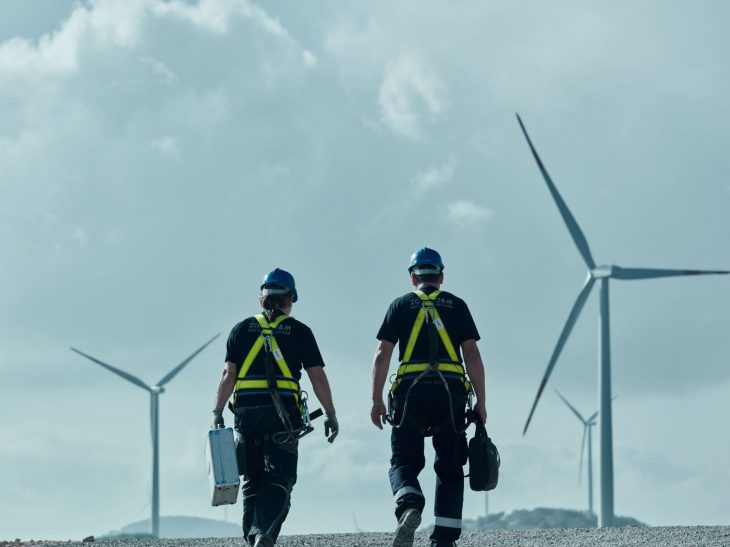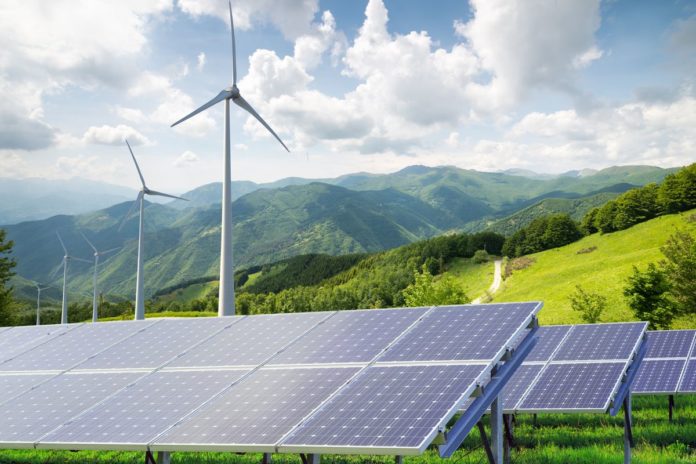Turkish foreign policy focuses on energy sector
 energy
energy
Turkey has an energy dependence problem. For the past two decades, Ankara’s energy needs have been on the rise, and they are projected to continue on an upward trajectory until at least 2035. Yet, the country is not endowed with the proven natural resources to support its energy needs, and so it imports almost all of the energy it consumes.
This reliance on energy imports creates economic and security constraints for Ankara. On the economic front, strategic decisions to diversify Turkey’s energy market impact the direction and pace of the country’s economic development. On the security front, dependence on foreign energy exposes Turkey to external shocks and creates vulnerabilities that affect the country’s international posture.
To Turkish policymakers, this is hardly breaking news. For many decades, successive governments have been considering ways to diversify the country’s energy portfolio with the objective of ensuring access to affordable, reliable energy supplies. Domestically, this goal has translated into continued investments in locally produced power, such as the development of natural gas fields under the Black Sea and the opening of nuclear and coal-fired power plants across the country. Externally, the aim of diversification has led Ankara to forge a wide range of international partnerships and preserve relations with both Western purchasers of Turkish exports and key energy providers, including Russia and countries in Turkey’s immediate neighborhood.
What is more, Ankara pursues its energy diplomacy against the backdrop of a broader geopolitical strategy of bolstering Turkey’s status as a regional power based on its geographic position and connections. At the heart of this strategy is a grand plan to establish Turkey as a major natural gas hub that will put the country at the center of regional energy trade.
This policy has ramifications for Ankara’s relations with its close and more distant neighbors. Turkey is surrounded by energy-rich countries, and one of its primary objectives when reaching out to them is to secure the conditions for a steady inflow of energy resources—typically, natural gas and oil. This objective can lead to the development of durable economic partnerships, such as with Azerbaijan, Turkmenistan, and Iran; but it can also spark conflicts of different degrees of intensity, such as with Turkey’s Eastern Mediterranean neighbors and Iraq. Beyond its immediate neighborhood, Ankara’s gas diplomacy is consequential for relations with Russia—with which Turkey has been strengthening its energy relations beyond hydrocarbons—and with Europe. On the demand side of Ankara’s natural gas market equation, European countries are thirsty for non-Russian hydrocarbons in the short and medium term and for green energy in the longer term. Turkey has the potential to provide both, as long as it comes up with strong policies that support these energy transitions.
TURKEY’S ENERGY SUPPLY AND DIVERSIFICATION STRATEGIES
Turkey is one of the world’s top energy consumers. In 2022, it ranked sixteenth for primary energy consumption globally, ahead of more advanced economies, such as Italy, Spain, and Australia. Between 2001 and 2021, Turkey’s overall energy consumption more than doubled, making it the country with the fastest growing energy demand in the Organisation for Economic Co-operation and Development. This trend was driven by Turkey’s increasing gross domestic product (GDP) and population and is projected to continue. Official government statistics estimate that the country’s electricity demand will grow by a further 55 percent by 2050, based on 2022 levels.
Yet, without the natural resources it needs to sustain such levels of energy consumption, the country has historically depended on energy imports. Turkey’s dependence on foreign energy has marked the pace of the country’s industrialization, which has gone hand in hand with the development of a vast network of energy import infrastructure consisting of pipelines, distribution networks, and storage and processing sites. The quest for a reliable and affordable network of energy suppliers has informed key policy decisions in the fields of natural gas, oil, coal, nuclear power, and renewable energy.
This goal has had an impact on the way Turkey interacts with its regional partners and rivals—and on the country’s security at large. To preserve its energy networks, over the years, Ankara has consolidated relations with its largest supplier of hydrocarbons—Russia—and scaled up energy diplomacy efforts with smaller, energy-rich neighbors including Azerbaijan, Iran, and Iraq.
To read full article: https://carnegieeurope.eu/2024/02/28/understanding-energy-drivers-of-turkey-s-foreign-policy-pub-91733





